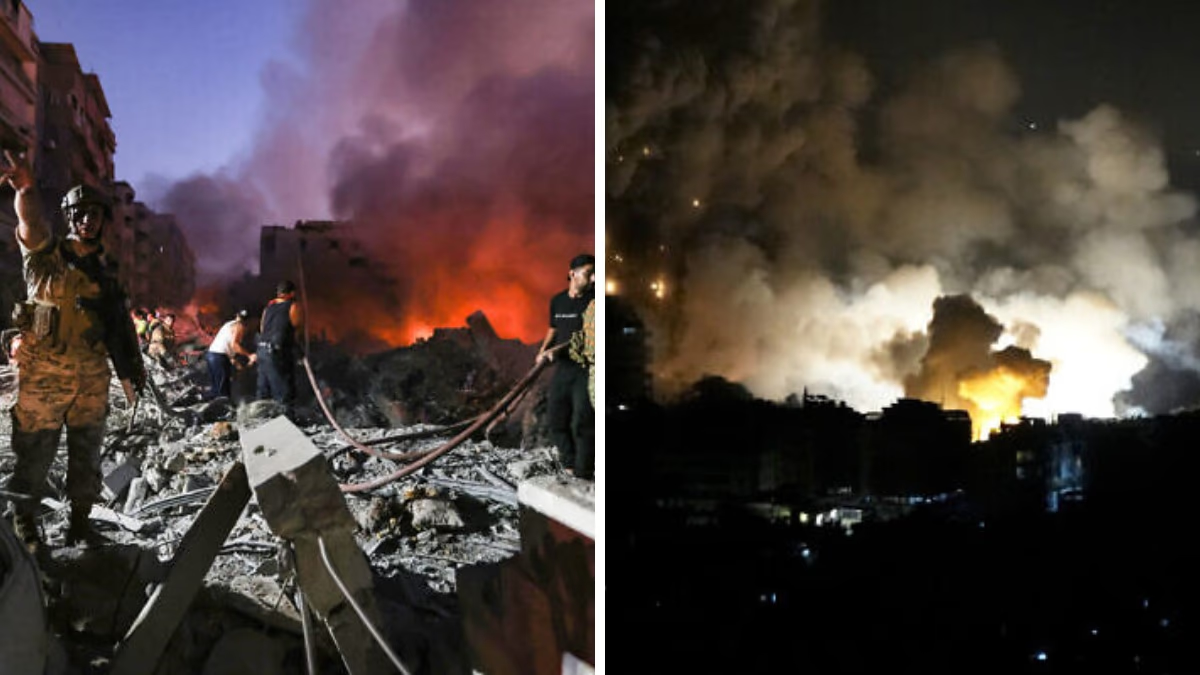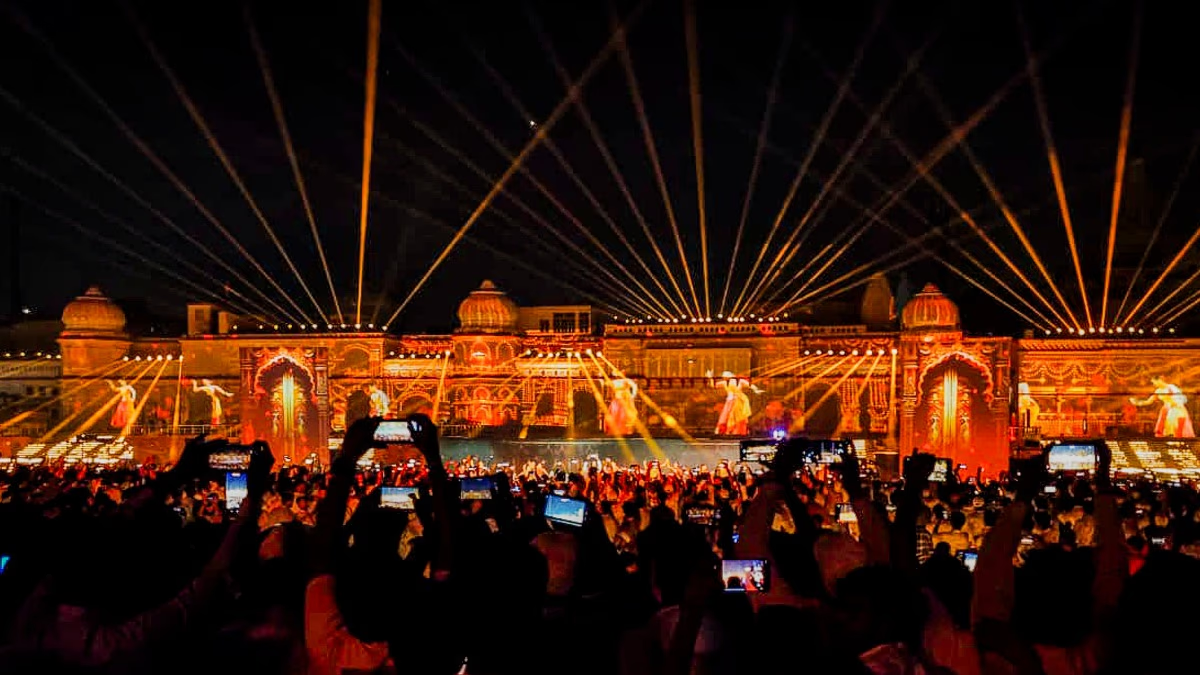Hezbollah has finally acknowledged that its chief, Nasrallah, is dead. On Friday, Israel dropped 80 bombs, each weighing one ton, on Hezbollah's headquarters in Beirut. Nasrallah was killed in this attack. The news of Nasrallah's death has caused a stir from Lebanon to Iran. Iran's Supreme Leader Khamenei stated that Hezbollah will not end with Nasrallah's death.
Nasrallah's death is a matter of prestige for Iran. Nasrallah was a significant leader for Iran. In light of the situation, Iran has called for a meeting of Islamic countries involved in the OIC organization. Meanwhile, information has surfaced that Hezbollah is planning to avenge Nasrallah's death. For this, Hezbollah might launch long-range missiles towards Israel. This is why Israel is now focusing on Hezbollah's 'Missile City'.
Hezbollah is also powerful. Around ten days ago, when Israel began its attacks, it claimed that the IDF had targeted and destroyed Hezbollah's ammo and rocket depots. However, rockets continued to be fired from Hezbollah towards Israel, indicating that their ammo stock was not significantly affected.
Hezbollah possesses long-range missiles
During this conflict, Hezbollah has launched mid-range rockets that reached Israel's capital, Tel Aviv, and Mossad headquarters. Hezbollah did this as a challenge to Mossad and Netanyahu. A month ago, Hassan Nasrallah released a video titled 'Missile City,' which is still available on Hezbollah's social media platforms and international platforms. The video showcased long tunnels, claimed to be in Lebanon, filled with long-range missiles similar to those possessed by Iran.
Hezbollah planning to avenge Nasrallah's death
The missiles showcased in Hezbollah's video have not yet been used. Experts closely monitoring this conflict believe that Hezbollah might now use them, making Nasrallah's revenge even more devastating. Israel seems aware of this. Before the attack on Nasrallah, Israel had already advised residents in Tel Aviv and other central areas to stay near safe spots and immediately move to safety shelters (which are present in every city) when sirens sound.
Additionally, it is reported that the Israeli army is now trying to locate and destroy other Hezbollah ammo depots. Israel's defense minister is continuously holding meetings with military officials to strategize this.
Ten Hezbollah commanders killed
1. Nasrallah – Killed Hezbollah Chief
2. Ibrahim Akil – Killed Operations Head
3. Ibrahim Mohammad Qabisi – Killed Missile and Rocket Unit Head
4. Fouad Shukr – Killed Hezbollah's Supreme Commander
5. Al Karaki – Killed South Front Commander
6. Wissam Al Tawil – Killed Radwan Force Commander
7. Abu Hassan Samir – Killed Radwan Force Training Head
8. Mohammad Hussein Sarour – Killed Aerial Command Commander
9. Sami Taleb Abdullah – Killed Nasir Unit Commander
10. Mohammad Nasir – Killed Aziz Unit Commander
11. Abu Ali Rida – Alive Badr Unit Commander
Israel targets Hezbollah's anti-ship missiles
The IDF has stated that it is currently attacking three buildings in the Dahiyeh suburb of Beirut where Hezbollah has stored anti-ship missiles. Further details about the attacks will be provided later. Earlier, the IDF had warned civilians near the three buildings in the southern suburbs of Beirut that they would be attacked soon. IDF spokesman Rear Admiral Daniel Hagari mentioned in a press conference that underground storage facilities holding Hezbollah's coast-to-sea missiles and weapons, which pose threats to Israeli and international shipping, are located beneath the civilian buildings.
Israel takes over broadcast frequency
Israel seized the broadcast frequency of Beirut Airport's control tower, ordering that an Iranian plane be prevented from landing in Lebanon. Lebanon's MTV network recently reported, citing sources from the Ministry of Transport and Public Works (led by Hezbollah's minister Ali Hamieh), that Israel took over the broadcast frequency of Beirut International Airport and ordered the airport to prevent an Iranian plane from landing. If this order is not followed, "force will be used". Subsequently, Lebanon's transport minister (affiliated with Hezbollah) ordered the Iranian plane not to land in Beirut.




